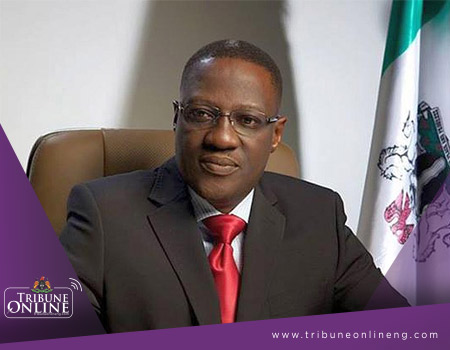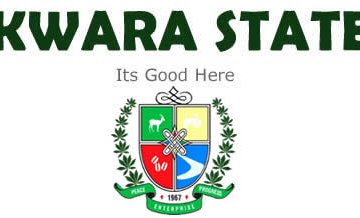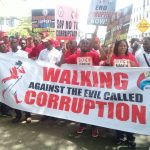Speakers at the public lecture on 50th anniversary of Kwara state have counselled the Kwara state government to create a Think-Tank that will review present discussion on possible restructuring of Nigeria in order to arrive at decisions that would suit the state if it becomes reality.
The speakers, who included Governor Abdulfatah Ahmed, a Professor of Development Economics and Country Director, United Nations Development Programme (UNPD) in Southern Sudan, Kamil Kamaldeen and a Professor of Political Science from the University of Ilorin, Hassan Salihu, said that Kwara should not remain neutral on the subject, given the growing trend of agitation from other sections of the country.
He said priority of his administration was to shape the strategic decisions on moving the state to its next level.
The UNDP boss, who was Guest Speaker at the event said that if Kwara were to take full advantage of emerging global, continent and national opportunities such as a fast globalisation, it must recalibrate, rewire and re-engineer, with emphasis on improving how the state entity processes, makes and executes decisions.
“We must be ready to confront our realities and reexamine our collective interests in an imperfect arrangement”, he said of the federating system in Nigeria, adding that “you might like people without liking their institutions.”
He said the state must be able to provide answer to questions such as, “what are Kwara’s strategic interests on key national questions such as true federation, resource control, fiscal federalism, states creation, priority projects? We need to have informed discussion, position on critical questions: being a distinct minority or fringe majority? How enabling is the current federal structure? How immune is Kwara to structural changes pursued elsewhere?”
“We cannot be neutral. Where were we when all the juicy parts of the state were taken to Niger and Kogi states? They are questions that our children will ask us. Kwara needs a rallying cry. It is hard not to be impressed by the limited but laudable progress that has been made, considering the politics that incentivised the birth of the State, and the politics that continue to animate the overarching federal framework within which the State exists
“However, for Kwara to take full advantage of emerging global, continent and national opportunities such as a fast globalisation, it must recalibrate, rewire and re-engineer. This demands we improve upon the way we process, make and execute decisions. We must invest in critical enablers to create the right capacities, political, administrative and operational environment to secure a bright future.”
Expanding on the theme of the lecture, Governance and Development in Kwara: Past, Present and Future”, Salihu, one of the discussants of the lecture, cautioned against undue opposition to governance in a state he described as fragile as he tasked the stakeholders to develope a blueprint for the next 50 years of the state. He said those describing the state as a failure were not being honest enough.
“There is need for a Think-Tank to monitor the debate about the future of Nigeria. If there is a restructuring, where would Kwara be, north or south? We need to monitor this; to know where our best interest lies because if people continue to call for restructuring, the possibility is that one day government will have to listen to them”, he said.
He canvassed a reduction in the cost of governance both from the perspective of political office holders as well as their supporters who often put them under undue pressure, a review of social services to make them more beneficial to the people and observance of the rule of law as part of what is needed to move the state forward.







